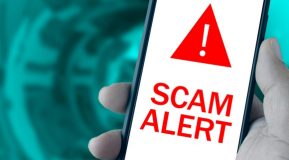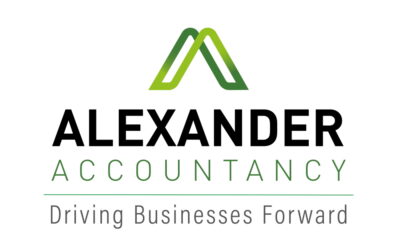
12th May 2023 Posted by - Alexander Accountancy
Self-Assessment: Beware of potential scams
Self-Assessment customers, who are starting to think about their annual tax returns for the 2022 to 2023 tax year, should guard against being targeted by fraudsters, warns HMRC.
Fraudsters target customers when they know they are more likely to be in contact with HMRC, which is why Self-Assessment customers should be extra vigilant to this activity. There is a risk they could be taken in by scam texts, emails or calls either offering a refund or demanding unpaid tax, thinking that they are genuine HMRC communications referring to their Self-Assessment return.
Some customers who have not done a Self-Assessment return previously might be tricked into clicking on links in these emails or texts and revealing personal or financial information to criminals.
Criminals claiming to be from HMRC have targeted individuals by email, text and phone with their communications ranging from offering bogus tax rebates to threatening arrest for tax evasion. Contacts like these should sound alarm bells – HMRC would never call threatening arrest.
Anyone contacted by someone claiming to be from HMRC in a way that arouses suspicion is advised to take their time and check the scams advice from HMRC.
Customers can report any suspicious activity to HMRC. They can forward suspicious texts claiming to be from HMRC to 60599 and emails to ph******@hm**.uk. Any tax scam phone calls can be reported to HMRC using their online form.
Fraud and scam protection for companies
Companies House incorporate and dissolve limited companies. They register company information and make it available to the public. The links below take you to their guidance on how to protect your company from fraud and scams and how to report it:
- Register for online filing
- Keep your authentication code safe
- Sign up to our PROOF scheme
- Use our free Follow service
- Choose the right correspondence address
- Check website addresses are genuine
- Be aware of scam emails and telephone calls
- Report fraud
- Unregistered cryptoasset businesses
See: Companies House – GOV.UK (www.gov.uk)
If we can help or advise with your accounting needs,
please click here to contact us or call 01283 743851
